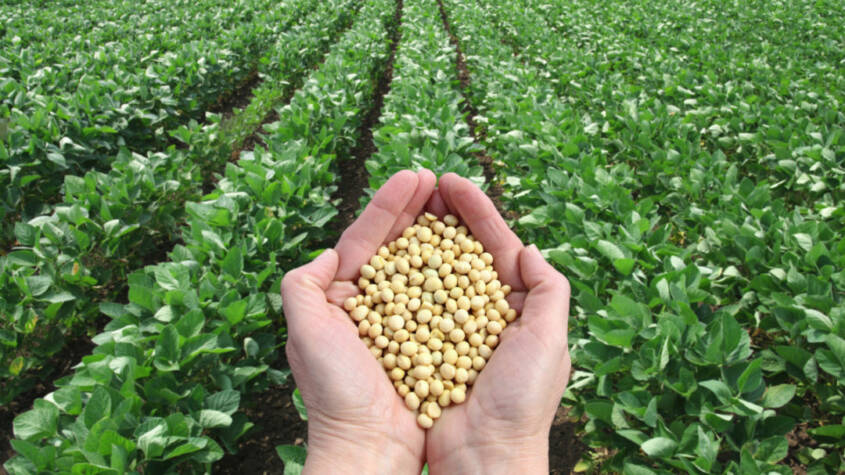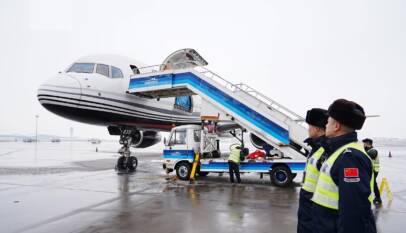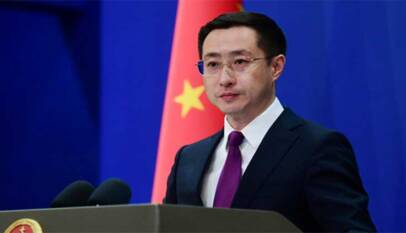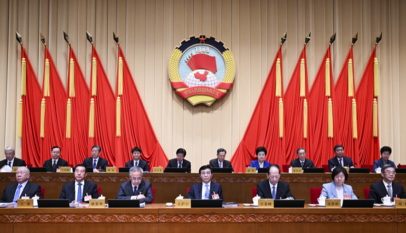Pakistan’s soybean intercropping to boost agriculture sector
Vice Chancellor of the Islamia University of Bahawalpur (IUB), Athar Mehboob visited demonstration of maize-soybean strip intercropping technology at Khairpur Tamewali, Bahawalpur, and said that Pakistan needs to learn from China to boost growth in agriculture sector. He thanked Chinese technology’s successful localization in the country, and expressed gratitude to Professor Yang Wenyu of Sichuan Agricultural University.
ISLAMABAD: Vice Chancellor of the Islamia University of Bahawalpur (IUB) Athar Mehboob visited demonstration of maize-soybean strip intercropping technology at Khairpur Tamewali, Bahawalpur.
According to China Economic Net (CEN), he explored all the demonstrative plots to check both crops’ growth and greenness. “We need to learn from our Chinese brothers how they modernize their agriculture and how they increase the yields with less resource,” he said.
Seeing Chinese agricultural technology’s successful localization in Pakistan, “here I want to say thanks to the Chinese President Xi Jinping who introduced China-Pakistan Economic Corridor (CPEC) to Pakistan,” Athar Mehboob said.
He also expressed gratitude to Professor Yang Wenyu of Sichuan Agricultural University, and Dr. Gu Wenliang, Agricultural Commissioner, Chinese Embassy in Pakistan, for their generous support.
Dr Gu twitted about the visit that “I also have full confidence that this technology would change the edible oil production in Pakistan soon.” “We desperately want to sign MoUs with Chinese universities to learn from their high-yielding experience. We are ready to provide all the facilities to Chinese professors and scientists if they are interested to do any research in Pakistan.
China ready to strengthen space cooperation with Pakistan: Chinese FM Spokesperson
China is prepared to strengthen space cooperation with Pakistan, its embassy in Islamabad …











